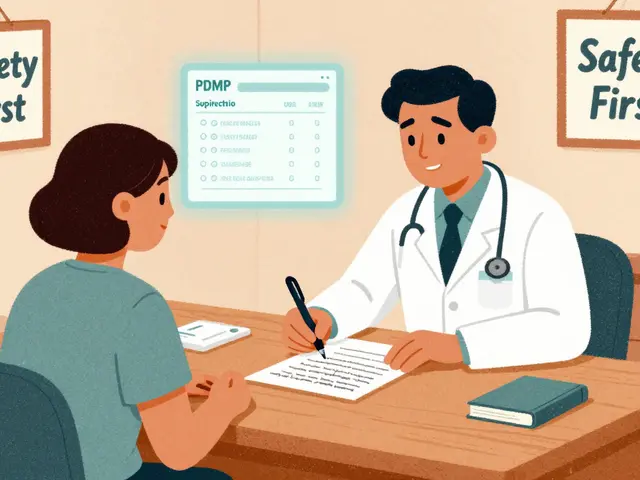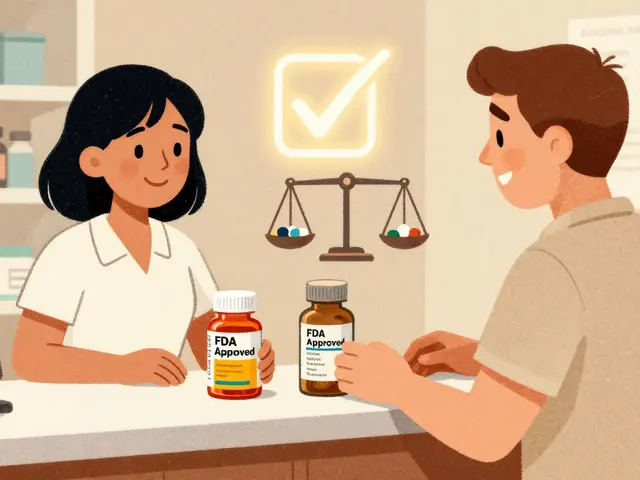Sulfonamide Allergy Testing: What You Need to Know
When you hear sulfonamide allergy testing, a medical process used to identify whether your immune system overreacts to sulfonamide-containing drugs. Also known as sulfa drug allergy testing, it helps doctors avoid prescribing medications that could trigger dangerous reactions like rashes, swelling, or even life-threatening conditions like Stevens-Johnson syndrome. Many people think they’re allergic to sulfa drugs because they had a rash after taking an antibiotic like sulfamethoxazole—but not all reactions are true allergies. That’s why proper testing matters.
True sulfonamide allergies involve your immune system mistaking the drug for a threat and releasing histamines and other chemicals. Symptoms can show up hours or days after taking the medication. Common signs include itchy skin, hives, fever, or blistering. But some people confuse side effects like nausea or dizziness with an allergy. That’s where testing comes in. Doctors may use skin tests, blood tests, or controlled drug challenges under supervision to confirm if you’re actually allergic. This isn’t routine for everyone—it’s usually done if you’ve had a serious reaction before, or if you need a sulfa drug and there’s no good alternative.
Knowing your status changes what medications you can safely take. Sulfonamides are found in antibiotics, diuretics like hydrochlorothiazide, and even some diabetes and migraine drugs. If you’re confirmed allergic, your doctor will avoid those and choose alternatives like non-sulfa antibiotics or different blood pressure meds. But if testing shows you’re not allergic, you might be able to use these drugs safely in the future—saving you from limited options and higher costs.
It’s also important to understand that cross-reactivity isn’t guaranteed. Just because you’re allergic to one sulfonamide doesn’t mean you’ll react to all. For example, someone allergic to sulfamethoxazole might still tolerate a sulfa-based diuretic. That’s why blanket avoidance isn’t always the right move. Testing gives you clarity, not just caution.
What you’ll find in the posts below are real-world comparisons and guides that tie into this topic. You’ll see how sulfonamide allergies connect to common medications like hydrochlorothiazide, how to spot reactions early, and how to talk to your doctor about safer options. No fluff. No guesses. Just clear, practical info that helps you make smarter choices with your health.










